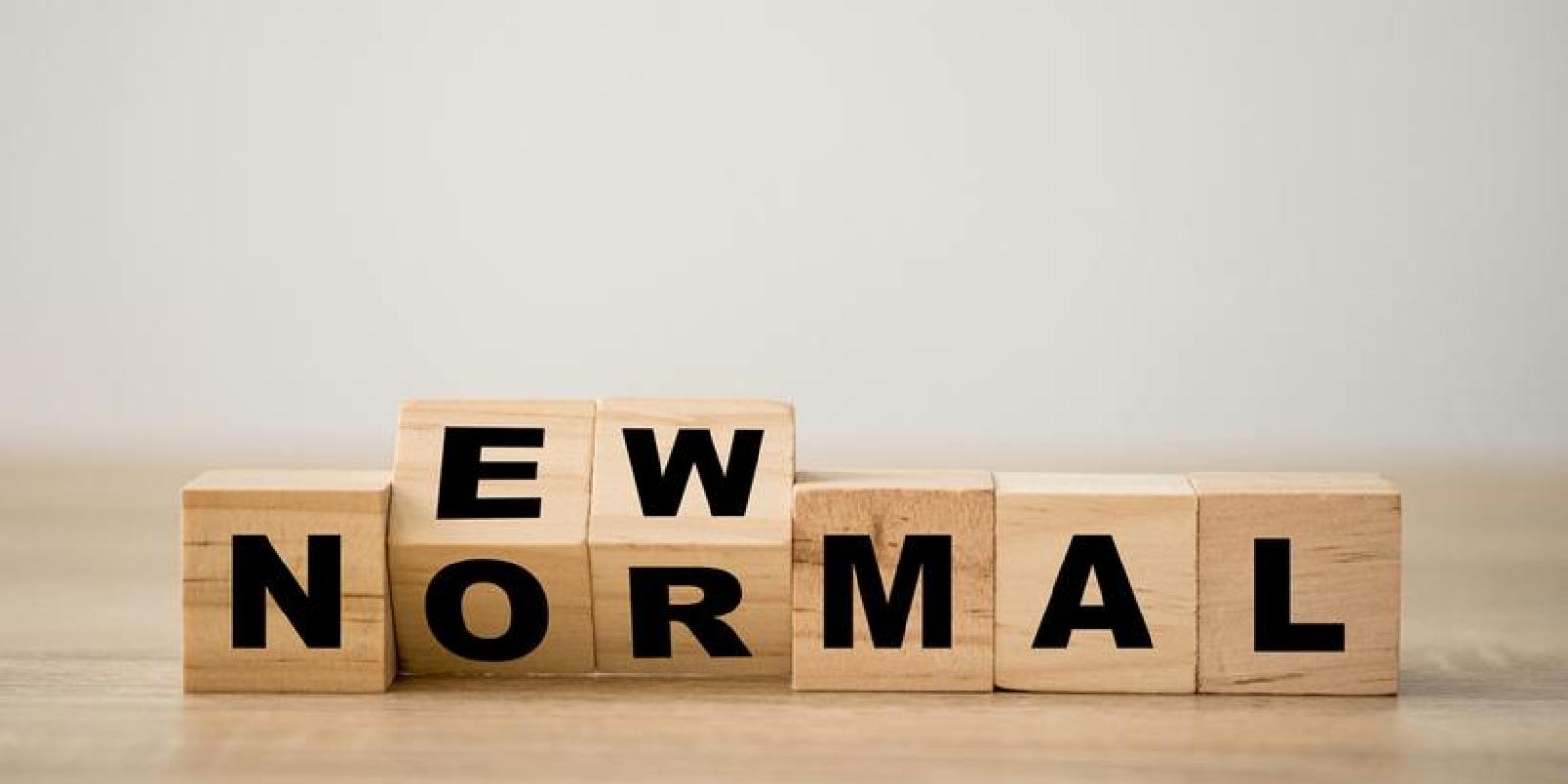
What is the New Normal?
Is there a new normal? What does this term — which has taken on a life of its own since COVID-19 hit the world — mean in terms of our work, social life or home routine?
News@AUC spoke to members of the AUC community to explore what their new normal is.
Nothing “New” About the New Normal
“To me, the new normal connotes some conflicting points," reflected Teklu Bekele, associate professor of international and comparative education. "It implicates the presence of an/the old normal; the state of affairs we had before COVID-19 takes its toll on humanity in general,"
"I still question whether, and to what extent, the old normal was actually normal to all, most, many or a few,“ Bekele said.
"However, I can argue that there are several developments that could be dubbed as new. Migration to fully online instruction, working from home, social distancing, mask-wearing, etc. could be considered new for people and organizations. I can also argue that some of these developments, like online instruction and working from home, are not really new. They could be considered as mere expansions or scaling up of previously existing state of affairs. So newness is relative and a social construction.”
A Long Overdue Reset
"I have been thinking about that for quite some time, and, quite frankly, I am struggling to accept a 'new normal' as the best way to frame a design direction for our future challenges and opportunities in education and beyond," said Hoda Mostafa, professor of practice and director of the Center for Learning and Teaching. "We have seen terms like 'great reset' used by the World Economic Forum and others that I find very interesting. I have also seen others use the term a 'great wave.' The term the "great reset" inspires change, confidence and the need to make changes as a community of educators but also as humans that drive this change and make the world a better place for us all. It highlights the critical nature of the times we find ourselves immersed in but also inspires hope for a more inclusive space for learners, a more creative teaching and learning environment, and a student-centered approach to thinking about higher education."
"Albeit utopian, I find it comforting in that this may be one of our greatest opportunities to not just pause to think or slow down, but to STOP and plan carefully about our next steps in education, yes... but also more broadly, to think about our planet, our systems and our species as long overdue for a great reflective reset," noted Mostafa.
A New Mental State
“The pandemic has impacted us all in so many different ways, but perhaps the common thread between us is a new mental state," affirmed Nellie El Enany, assistant professor of management. "The changes in work and life circumstances may have led to an increase in anxiety or low-grade depression, or on the other side, an increased state of calm. Life is different, and that is certain. For me personally, I have enjoyed spending so much more time at home with my family and animals. I’ve had a lot more time to reflect, to connect with my students, albeit virtually, and do bits of gardening and housework, and listen to the radio — all of which I find relaxing and rewarding."
"I believe that through this, it’s very important to be grateful. There is always someone else who has it worse off. [It's important] to keep focused on work or for those who are not working, then a hobby or online course.”
Normalizing and Contextualizing Distress
“Unfortunately, this new normal is taking the shape of a chronic crisis," said Hani Henry, associate professor and associate dean of the School of Humanities and Social Sciences. "When dealing with a chronic crisis, we need to develop strategies that can strengthen our resilience and help us meet the challenges it entails."
“We need to normalize and contextualize distress by reminding ourselves that it is perfectly okay not to feel okay as we deal with this crisis," asserted Henry. "We also need to view this crisis as a shared challenge and deal with it in a coherent and mutually empathic way. In other words, we cannot do this alone and need to seek help when needed, especially professional help. We also need to develop an 'optimistic bias.' Maintaining hope has sustained human beings for a very long time. There is a need to tolerate uncertainty and master what we can do and accept what we cannot change. We also need to maintain a healthy balance between stability and flexibility. In other words, we need to keep our routine as much as we can while keeping in mind that we have to be flexible in adapting our lives to this new normal and changing our lifestyle to adapt to it."
The New “Abnormal” of Theatre
“I call it the 'new abnormal' because I refuse to see that compartmentalization, virtual education and fear will become a 'norm' in our existence from now on, particularly when it comes to theatre and performance arts,” commented Dina Amin, associate professor of theatre and stage director. “The way I see it is that if we give in to the dictates of the 'new normal', we are inadvertently conceding to the demise of theatre as we know it."
"However, I believe that theatre adapts but does not disappear, and this is the stage we are at the moment: rising above the pandemic not accepting it," Amin noted.
